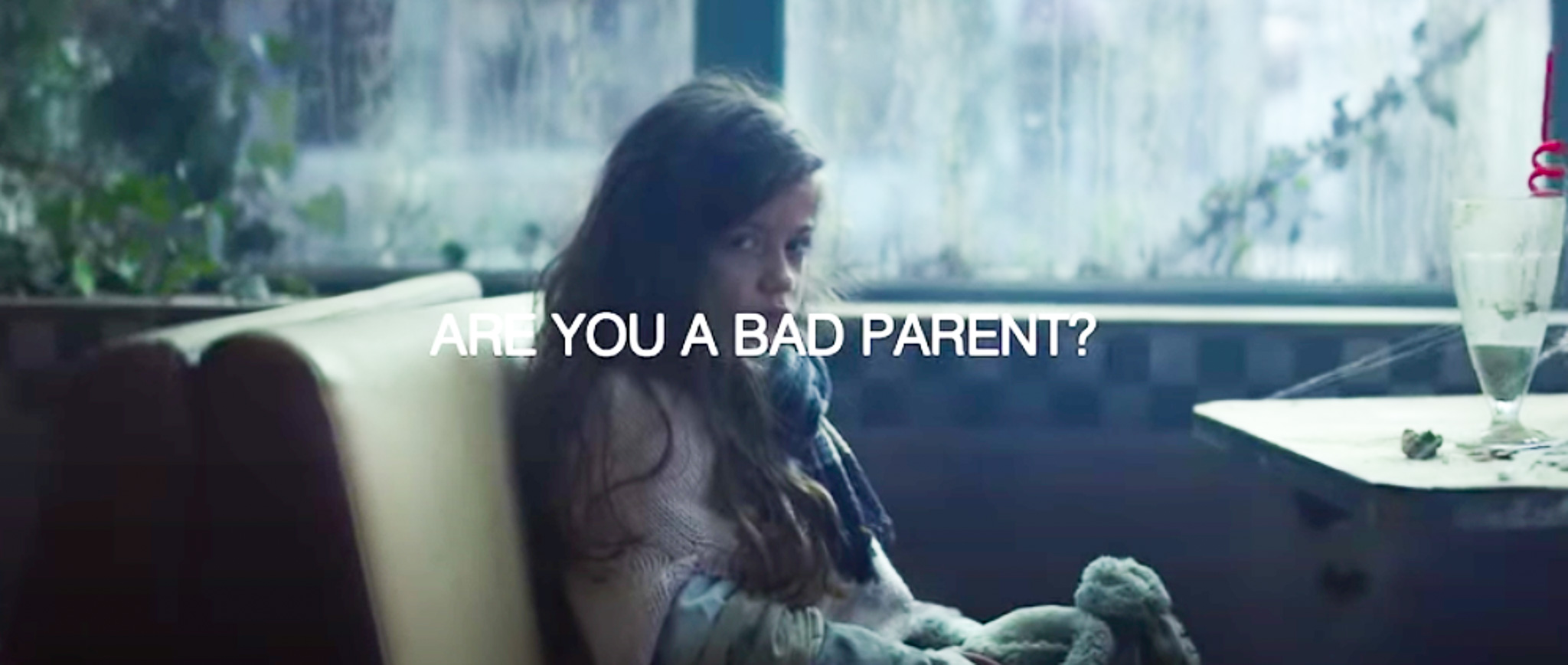The animal cruelty campaigners at Peta had a knack for clickbait even before clickbait was a thing, famously persuading models including Eva Mendes, Pamela Anderson and Joss Stone to pose naked for campaigns against the use of fur, leather or animal products. Now they’ve joined the growing chorus telling us to go vegan or face disaster.
A new advert titled ‘The Last Of Us’ depicts ruined, post-apocalyptic scenes overlaid with a child’s voice reproaching the viewer: “You always told me not to put my finger in the socket…run into the road…talk to strangers…in case I got hurt.” But, the child continues, “you never said don’t eat meat or dairy. Now look what you’ve done.” The strapline: ‘Animal agriculture is killing the planet’.
The ad is designed (effectively, as I’m writing about it) to produce a reaction. Inevitably, then, it has less to offer on the policy or recipe front than it does on Children of Men styling and provocative claims. But other than reinforcing the determination of that growing subset of millennials and Gen Z who say they don’t want kids because of fears about climate change, what exactly is Peta suggesting we do instead?
The vegans are right, strictly speaking, that industrial animal farming for meat, dairy and eggs is bad for the environment. Runoff from cattle and poultry barns is highly polluting, while vegans could well question the use of arable land to grow cereal crops to feed animals instead of just feeding the grain directly to people.
But here’s the thing: this simply reflects a larger-scale and very thorny problem, which is that industrial farming is bad for the environment full stop. As I’ve argued, just swapping out the industrial production of animal protein with ‘plant-based meat alternatives’ would leave us still structurally reliant on wildlife-destroying industrial monocropping, including heavy use of soil-eroding nitrogen fertilisers and pesticides that harm insects and small birds.
In addition, this industrially-produced crop then has to be further processed in centralised facilities to be converted into the ‘plant-based protein’. It then further requires carbon-intensive packaging and redistribution for sale to vegans, so they can feel good about reducing their carbon footprint by going plant-based.
There is a way out of the bind. It doesn’t involve bullying, cajoling or frightening people into going ‘plant-based’, but rather seeking a return to smaller-scale, more labour-intensive and sustainable mixed farming with animal manure as fertiliser. But this would mean reversing more than two centuries of farm consolidation, rural depopulation, and food chain lengthening, and as such would mean bullying, cajoling or compelling a different and even less compliant set of interests: Big Food, Big Ag and Big Fertiliser, not to mention major landowning interests that, increasingly, include such untouchables as Bill Gates and BlackRock. Any such policy would run counter to so many entrenched regulatory, commercial and political systems that in policy terms it would be dead in the water, no matter the fond fantasies of agri-romantics such as yours truly.
And for as long as we’re stuck in those entrenched systems, we face an unappetising choice. On the one hand objectively cruel, highly polluting and ever more guilt-generating industrialised meat and dairy production; on the other, less cruel but scarcely less industrialised ‘ecomodernist’ alternative protein sources, centred on monocropping for hyper-processed ‘plant-based’ food-like substances that in most cases people don’t even really want to eat. No wonder those campaigners who rightly worry about the impact of industrial animal farming are left with no option but trying to frighten us into compliance.











Join the discussion
Join like minded readers that support our journalism by becoming a paid subscriber
To join the discussion in the comments, become a paid subscriber.
Join like minded readers that support our journalism, read unlimited articles and enjoy other subscriber-only benefits.
Subscribe